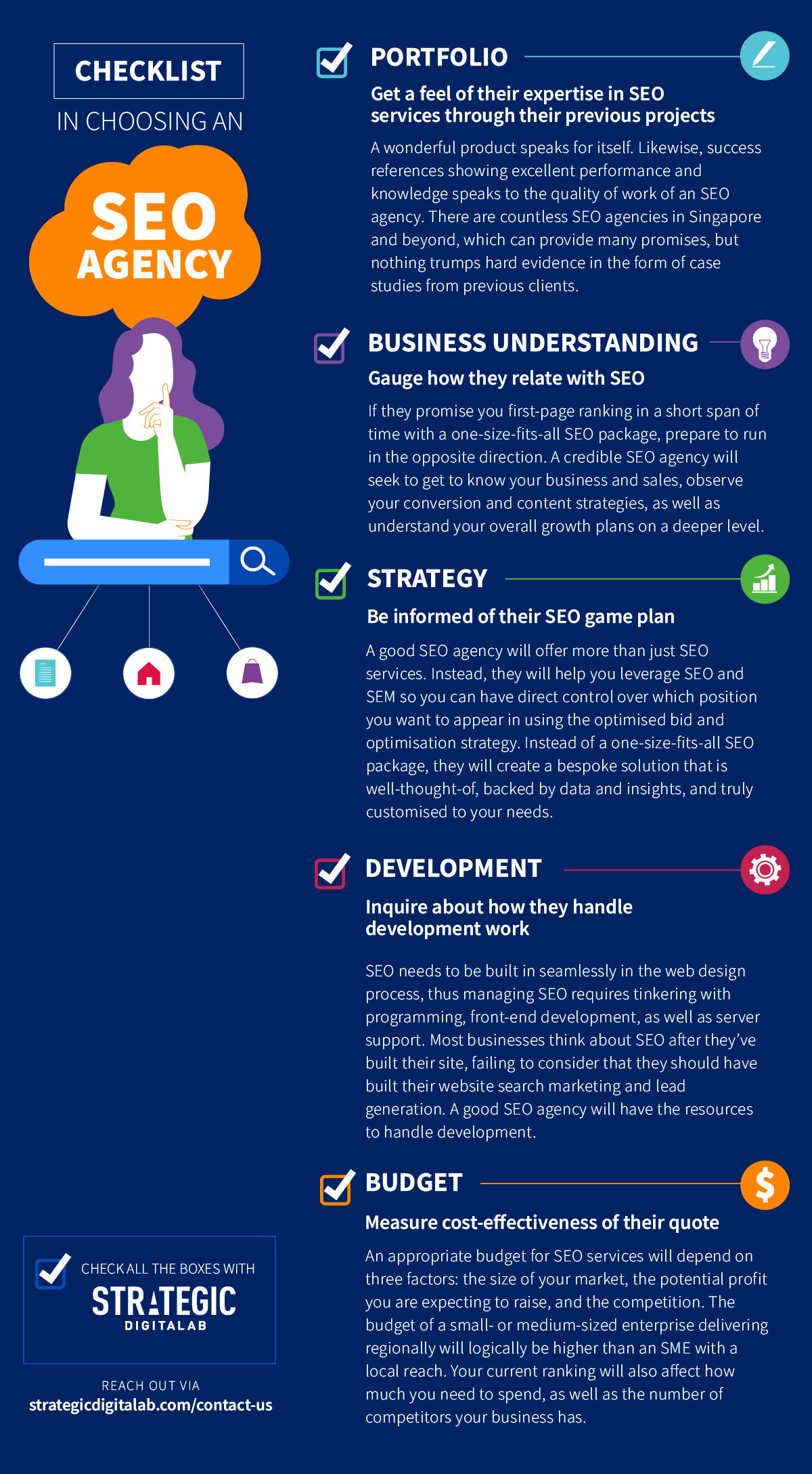We all know that search engine optimisation (SEO) is not an overnight success. It takes months and years of hard work and persistence to get pages to rank on the first-page. But once you’ve reached that highly coveted spot, your job is not done. Consider this: for example, you are a giant fashion brand. In the 2010s, you probably ranked high for the keyword “skinny jeans.” But today, there are hundreds more brands selling skinny jeans. Not to mention, your audience have already moved on to other keywords: “high-rise,” “wide-leg,” “straight-leg” — and that’s only in terms of pants.
Why are keywords important for SEO?
Developing list of keywords is perhaps the most crucial factor in a long-term SEO strategy. The market evolves. The landscape evolves. The trends evolve. As the foundation of your SEO efforts, keywords must also evolve along with your business. Following the “skinny jeans” example, by the time this trend becomes out of fashion, your keyword will no longer be as relevant. You can no longer depend on sales leads from this keyword because the demand would be lower. When diversifying your product offerings, you must also diversify your keywords, producing highly relevant content about your products and services, and also taking into consideration user feedback and reviews. Search patterns change over time, and thus constantly researching keywords is your tool to stay relevant. Using new keywords will open fresh opportunities for your business, while boosting your site-wide SEO strategy.
Does SEO require coding?
By now you know that the short answer to this question is yes, as we’ve discussed in a previous blog that optimising URL, title, meta tags and images are some of the crucial steps in building an SEO strategy. But when it comes to making your SEO initiative last, you also need to consider how the search landscape evolves. In a widely-circulated vlog, Matt Cutts of Google admitted that Google changes its algorithm “at least once a day,” that means around 300 times a year. Depending on whom you’re asking, that number would even rise to 500-600 times a year. Imagine leaving your SEO strategy untouched for a decade. The algorithms of Google would have changed at least 3,000 times. Therefore, you must always be on your toes in knowing which codes in your on-site optimisation will need to be updated along with the times. Aside from search engines algorithms, you also need to consider the user experience. With newer gadgets and more high-tech features introduced every now and then, you need to make sure that your website is updated to cater to the changing demands in user experience. Constantly, you’ll need to consider page speed, website navigation, design and functionality — all factors that affect the movement of your site on the search engine result page (SERP) in the long run. For example, previously we wrote about AMP or Accelerated Mobile Pages, a technology that renders mobile website content nearly instantly. As we had written in that article, as the goal of branded content is to drive traffic and familiarity, adding AMP into your mix can contribute to driving more conversions in the long term. Because AMP traffic is included within the organic channel, by powering—AMP-lifying—this channel, you may even eventually reduce your paid search spend. We also featured PWA or Progressive Web Apps, web pages that function like an app. Because they load instantly and respond quickly, not to mention can send out push notifications, PWAs can have a positive effect on SEO rankings.
Who is responsible for SEO?
Given all the roles and responsibilities required in making a strong, truly effective search engine optimised site, who must take care of your search strategy? If you are searching for an SEO agency to work with, consider the following characteristics in choosing an SEO agency:

An SEO agency must have case studies that will attest to their credibility and performance, as well as a strong understanding of your business. You can gauge this by the bespoke strategy that they will provide, which must be backed by data and insights, and also cost-effective. And because SEO must be built in the web design process, development skill is also crucial in an SEO agency. A good SEO agency must be equipped to handle development and provide maintenance among its SEO services. Our team of highly experienced strategists, creatives, digital marketing specialists and technophiles can help you craft a long-term SEO strategy. Reach us by email at enquiry@strategicdigitalab.com or fill in our enquiry form to discuss. You can also take a look at our list of services.







